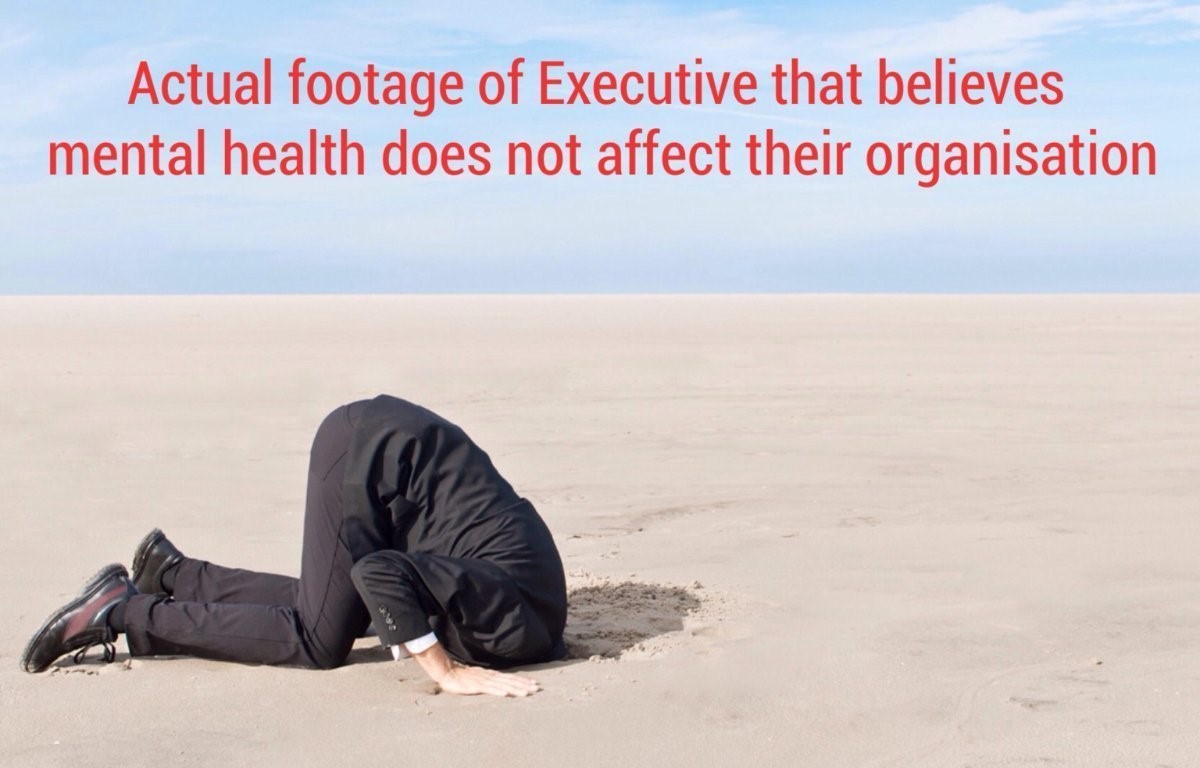A fairly startling piece of research was recently conducted which indicated that 50% of managers perceive no one in their organisation has any mental health issues. Head in the sand much?
I was therefore significantly interested to see that Icare and R U OK? recently launched a world-first study into psychological safety in the workplace which has yielded some very interesting results. For example, the study showed that frontline lower income-earning staff feel less safe and permitted to take less risks at work than higher income-earning employees.
The Australian Workplace Psychological Safety Survey canvassed 1,176 Australian employees and found that only 23 per cent of lower income-earning frontline employees felt their workplace was “psychologically safe” to take a risk, compared to 45 per cent of workers on significantly higher incomes.
A “psychologically safe” workplace is characterised by a climate of interpersonal trust and mutual respect in which people feel comfortable being themselves to make mistakes or take risks in their work.
An RU OK board member commented that it has been recognised that this is actually the first time a country has ever measured psychological safety in the workplace.
Google undertook research of its own workforce which revealed that psychological safety was the most important team norm for high-performing innovative workplaces – those norms are: Psychological safety; Dependability; Structure and clarity; Meaning and purpose; and Impact.
While all five norms are important to team performance, psychological safety has been shown to be the most important attribute - if this attribute is strong, the other four norms are so much easier to achieve.
If CEOs want their organisation to thrive in today’s digital economy, team psychological safety must be paramount, as well as striving for and monitoring employee wellbeing.
icare CEO Vivek Bhatia said: “In a growing climate of uncertainty and increasing stress on workers, families and communities, mental health is one of the biggest societal challenges of the 21st century. One in five people in Australia will experience a mental health issue in their lifetime”.
Employee mental wellbeing must be at the top of every CEO’s agenda. Untreated mental illness costs Australian businesses $11 billion every year off their bottom line from absenteeism, lost productivity, stymied business growth and compensation claims.
An investment in psychological wellness is an investment in now and the future.
Employers should also recognise that this investment extends beyond their employees. We all bring our work home with us, including our state of mind. It is an employer’s opportunity to recognise that the opportunity to support their staff does not finish when they ‘knockoff” for the day.
Mental wellbeing is not isolated to the individual – it has a flow-on effect to families, loved ones, and friends, who are at the heart of our social fabric.
If an employer is looking to maximise their productivity and outcomes from their most important resource, then they need to maximise the wellbeing of their most important resource. Employers need to ensure their people have a mentally safe environment to work in, one which respects differences, welcomes diversity and encourages employees to feel comfortable and feel comfortable to speak openly about how they are really progressing.
The Australian Psychological Safety Survey is the result of a collaboration between R U OK? and Amy Edmondson, the pre-eminent global thought leader on psychological safety and Novartis Professor of Leadership & Management at the Harvard Business School.
See the original article and resources from RUOK and Graeme Cowan.
Want to know more about maximising staff wellbeing and providing increased confidence to manage an RU OK? Conversation within the workplace? Contact Michelle Bakjac on 0412047590 or michelle@bakjacconsulting.com.
































